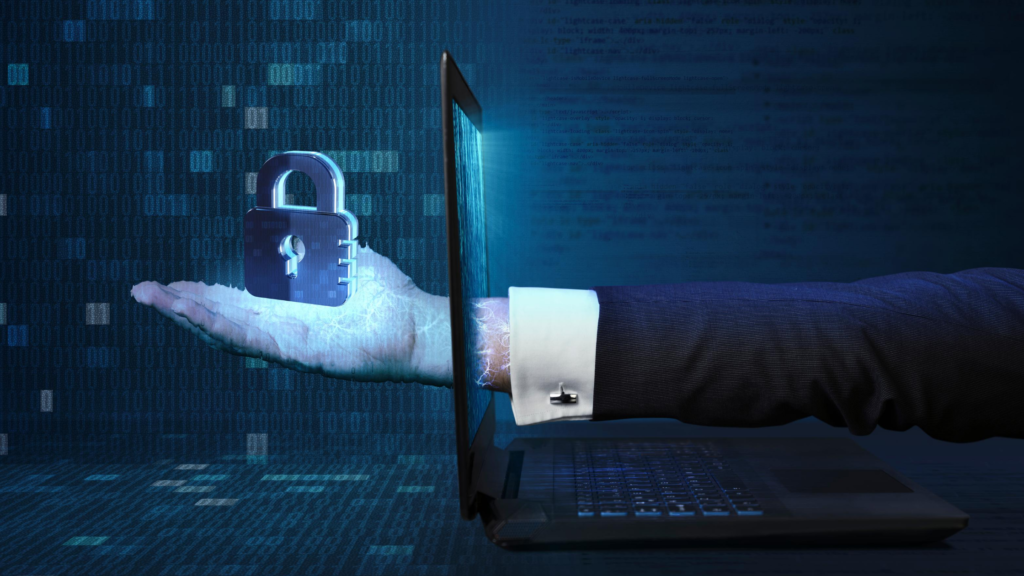In the spring of 2020, the whole world was suddenly faced with implementing new business procedures and protective measures to combat the spread of COVID-19, but were unaware ACH fraud and other cyberattacks were adapting, too. As thousands of businesses converted to online operations and banking, millions of Americans were scrambling to figure out how to set up payments and direct deposits for Unemployment benefits and the Paycheck Protection Program.
According to the FBI, “As of May 28, 2020, the Internet Crime Complaint Center (IC3) received nearly the same amount of complaints in 2020 (about 320,000) as they had for the entirety of 2019 (about 400,000). Approximately 75% of these complaints are frauds and swindles.”
ACH fraud protection has never been more important. But what can you do to protect yourself and your business?
Who Is At Risk?
While no one is completely immune to the dangers of fraud in ACH and other online payment systems, those most at risk are small and medium-sized companies, due to their lack of cybersecurity resources. Large companies and corporations have entire departments dedicated to maintaining and updating corporate infrastructure, but smaller businesses don’t always have the funds or manpower to constantly check in on this.
Keep Sensitive Information Secure
It has never been easier to access your banking information: most banks have websites and portals for you to check your balances and pay bills, and many even have apps you can download directly to your phone so you are never far away from your assets. But that close proximity means you have to monitor your own activity on all devices to ensure that you aren’t creating “holes” for cybercriminals to exploit.
Other times you may think you are replying to a trusted email or contact, but the address behind the familiar name in your inbox has been recreated to look like you’re sending information to your employees or a family member when in reality you’ve just given your personal information to a fraudulent account. Always make sure you inspect emails and email attachments or links before clicking on them. You can unsuspectingly click a link that installs malware or monitoring software on your system without your knowledge.
While many cybercriminals can steal information through hacking and cyberattacks, it is important to note that your thief may not need a big command center full of computer monitors and evil henchmen to steal your personal or business banking information. Leaving login information lying around on sticky notes, in a non-encrypted note or folder on your phone, and even playing silly games on Facebook where a post asks you seemingly innocuous questions like “name your firsts: pets, hometown, maiden name” can all potentially cause you to be a victim of fraud.

Act Quickly in Potential Fraud Cases
If something seems amiss, taking quick action can often mitigate the damage fraudsters can do. Reach out quickly to your clients and customers, letting them know what happened and what steps you are taking to protect their information.
Increase and Update Your Security
Implementing and updating your anti-spyware, anti-virus, and firewall protection is extremely important because they are the best line of defense. These programs can catch malicious software trying to get into your network from external sources, ensuring these threats never make it to your inbox.
Solutions
ACH fraud protection is always something to be on top of, but it is important to note that ACH payment processing, with multi-level authentication and high-level encryption, is still one of the safest ways to perform financial transactions.
ReliaFund’s ACH payment processing solutions can help you protect your business today.
